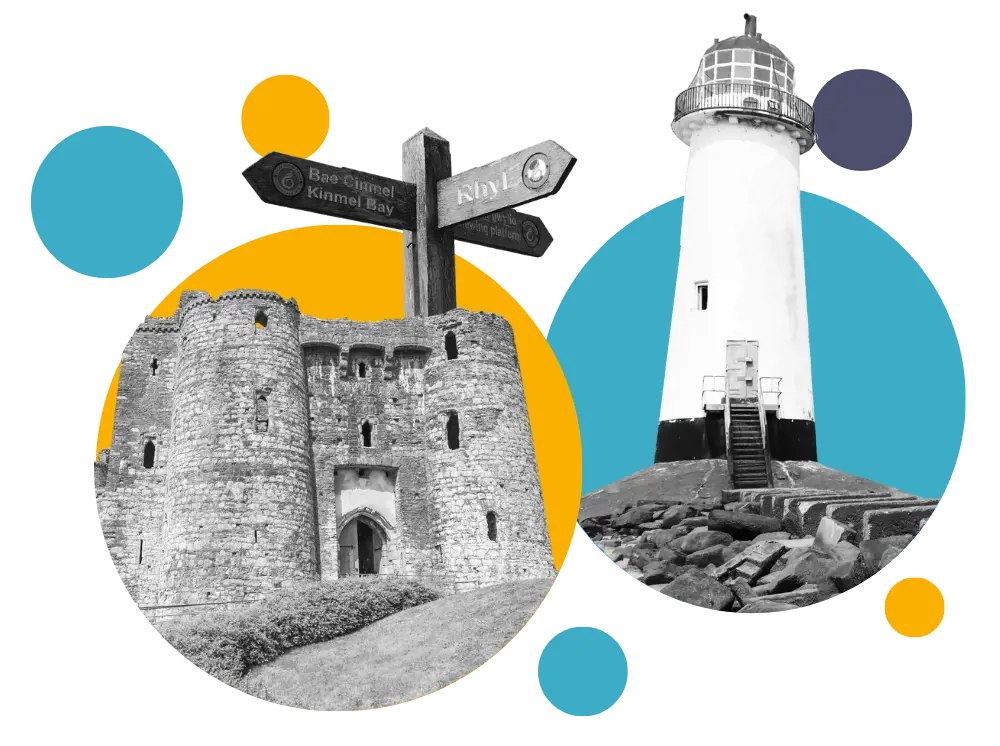Charity leads fight against region’s cancer deaths
North West Cancer Research launches campaign to encourage local people to spot the signs early, following new report

North West Cancer Research launches campaign to encourage local people to spot the signs early, following new report

People living in North Wales are being urged to recognise the early signs of cancer as a new report shows the region’s cancer rates are higher than the national average.
As part of the report out today (Thursday 14 November), North West Cancer Research has collated data that highlights a series of worrying trends which point to 21 out of 24 cancers recording rates that are higher than the national average.
Among the top areas for concern is ovarian cancer which is 33% more likely to be diagnosed in North Wales, when compared to the rest of Wales.
Cancers of the pancreas, uterus and breast (in women only) are 24%, 23% and 19%, respectively.
Death rates in North Wales paint a similar picture, with 15 out of the 17 cancer types for which there is available data recorded at above average rates.
This means that people living in the region’s communities are facing a higher chance of both developing and dying from cancer than those living in the rest of the country.
Oesophegeal cancer deaths are 29% more common here, while there are 24% more deaths from breast cancer and a 23% higher rate recorded for kidney cancer.
Across North Wales, Conwy has the worst overall rates of diagnoses and deaths in the region, with rates of 28% and 30% above the national norm, respectively.
However, according to the report, which is part of a wider campaign – Our Cancer Rates – all six counties across North Wales record incidence and mortality rates above the national average, with each area impacted by specific cancers.
For instance, the total death statistic for stomach cancer in Gwynned is more than double (101%) the Welsh benchmark, while mortality rates for oesophageal cancer
are particularly high in Conwy and Anglesey, at 89% and 41% over the national figure.
The women only incidence rate for breast cancer continues to increase in North Wales at 19% above the national average. Conwy is particularly affected, recording an incidence rate that is 71% higher than the rest of Wales.
North West Cancer Research is dedicated to investigating the connections between deprivation and high levels of cancer diagnoses and deaths, focusing on the specific areas of need for the region.
The Our Cancer Rates initiative shines a spotlight on the importance of knowing the signs and symptoms of cancer and, importantly, getting any concerns checked out.
Alastair Richards, CEO of North West Cancer Research, said: “Looking at both the incidence and mortality rates for cancer in the region, we have a number of very clear challenges.
“As a charity dedicated to putting our region’s needs first, it is both saddening and concerning to see such major differences when it comes to how many people are dying from cancer in North Wales.
“We should not be lagging the national average at all, let alone so significantly – the chance of developing cancer should have absolutely nothing to do with where a person lives.
“We have access to some excellent treatment and fantastic specialists in our region, but it’s vital that diagnoses happen as early as possible, so that we can access these services.
“If we get better at spotting the signs of cancer then we can get medical attention sooner, meaning outcomes are significantly better and we become closer to a cancer-free future.”